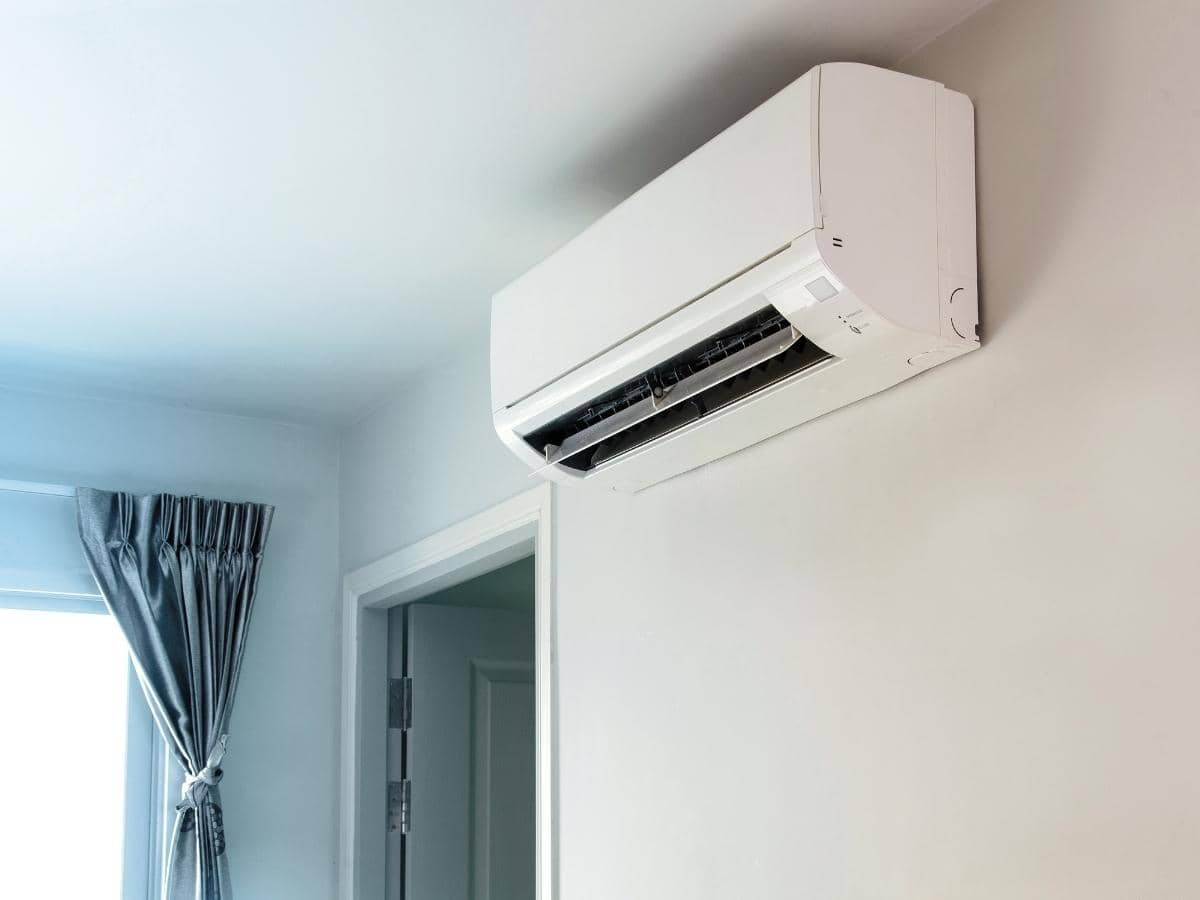does the ac use gas or electricity
When it comes to staying cool in the summer, one of the first things that comes to mind is air conditioning. We all love the feeling of stepping into a refreshingly cool room after being outside in the sweltering heat. But have you ever wondered how air conditioning works and what powers it? Does air conditioning use gas or electricity? Let's dive into this topic and explore the fascinating world of AC units!
Understanding Air Conditioning

Before we tackle the question of whether air conditioning uses gas or electricity, let's first understand how air conditioning works. Air conditioning systems work by removing heat and humidity from the indoor air, leaving you with cool and comfortable temperatures.
An air conditioner consists of two primary components: an indoor unit and an outdoor unit. The indoor unit contains an evaporator coil, while the outdoor unit houses the compressor and the condenser coil. These components work together to circulate refrigerant and transfer heat from inside your home to the outside environment.
When you turn on your air conditioner, the indoor unit draws warm air from your home through the return air vents. Inside the unit, the refrigerant absorbs the heat from the air, cooling it down. The cooled air is then blown back into your home through the supply air vents. Meanwhile, the absorbed heat from the air is transferred to the outdoor unit, where it is released into the air outside.
The Role of Electricity
\/filters:quality(70)\/2021-03-22-Does-AC-Use-Gas-CDN.png)
So, does air conditioning use gas or electricity? The primary source of power for air conditioning units is electricity. It is electricity that fuels the entire process of cooling, from powering the compressor to running the fans and other electrical components.
When you switch on your air conditioner, it consumes electricity to run the compressor, which pressurizes the refrigerant and circulates it through the system. The compressor requires a significant amount of electricity to function properly and maintain the desired indoor temperature.
Additionally, the fans in both the indoor and outdoor units rely on electricity to operate. These fans help circulate air and improve efficiency. Without electricity, the air conditioning system would not be able to function at all.
Common Misconceptions
It's not uncommon for people to mistakenly believe that air conditioning systems use gas as their primary energy source. However, this misconception is understandable since some furnaces and heating systems do rely on natural gas or propane.
In these cases, the misconception might stem from a confusion between HVAC systems (which include both heating and cooling) and standalone air conditioning units. While some HVAC systems use gas as a fuel for heating, standalone air conditioning units solely depend on electricity.
Efficiency and Environmental Impact
As we know, air conditioners run on electricity, but it is also essential to consider their efficiency and environmental impact. In recent years, there has been a significant focus on energy-efficient air conditioning technology to reduce electricity consumption and minimize environmental harm.
Modern air conditioners come with energy efficiency ratings, such as SEER (Seasonal Energy Efficiency Ratio) or EER (Energy Efficiency Ratio). These ratings indicate how efficiently the unit converts electricity into cooling. The higher the rating, the more efficient the system, resulting in lower energy consumption and reduced greenhouse gas emissions.
Tips for Efficient Cooling
To maximize the efficiency of your air conditioning system, there are several steps you can take:
- Keep your windows and doors closed when the AC is on to prevent cool air from escaping.
- Ensure proper insulation in your home to minimize heat transfer between indoors and outdoors.
- Regularly clean or replace your AC unit's air filters to maintain proper airflow and efficiency.
- Install a programmable thermostat to regulate the temperature based on your schedule and save energy when you're not at home.
- Consider using fans to complement your air conditioning system, as they can help circulate cool air and provide additional comfort.
The Future of Air Conditioning
As concerns about energy consumption and environmental sustainability continue to grow, researchers and engineers are constantly striving to develop more energy-efficient and eco-friendly air conditioning solutions.
One promising area of innovation is the development of alternative refrigerants with lower global warming potential (GWP). Many traditional refrigerants, such as hydrochlorofluorocarbons (HCFCs) and hydrofluorocarbons (HFCs), contribute to the depletion of the ozone layer and are potent greenhouse gases. The industry is actively exploring greener alternatives that offer effective cooling while minimizing environmental impact.
Additionally, advancements in HVAC system design, improved insulation techniques, and the integration of smart technologies have the potential to revolutionize how we cool our homes and buildings in the future. By leveraging techniques such as passive cooling and optimizing energy usage, the future of air conditioning looks promising in terms of energy efficiency and environmental friendliness.
In Conclusion
Air conditioning systems unquestionably rely on electricity as their primary energy source. They use electricity to power the compressor, fans, and other components necessary for cooling your home. While the misconception that air conditioning uses gas is common, it is important to differentiate between HVAC systems and standalone AC units.
As we move forward, prioritizing energy efficiency and exploring environmentally friendly solutions will play a crucial role in the future of air conditioning. By making conscious choices and adopting efficient cooling practices, we can enjoy the comfort of a cool home while minimizing our energy consumption and environmental impact.
/filters:quality(70)/2021-03-22-Does-AC-Use-Gas-CDN.png)
